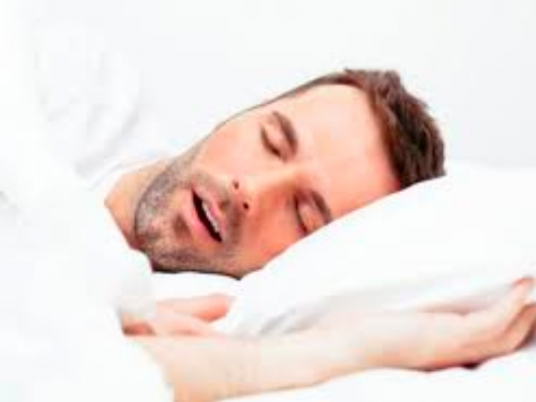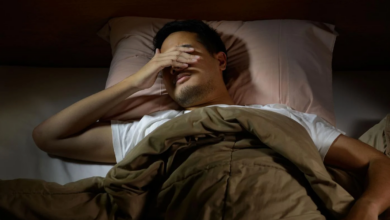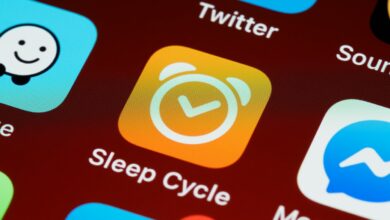
We all know how much better we feel after a good night's sleep and yet many of us still struggle to get enough shut-eye, leaving us feeling bleary-eyed, grumpy, and with an urge to snack on sugary junk food for the energy boost that we should be getting from sleep.
So Relaxnews spoke to Dalton Wong, trainer to Hollywood star Jennifer Lawrence, founder of TwentyTwo Training, and co-author of "The Feel Good Plan," for his top tips on how to get a better night's sleep to "make you feel like you can take on the world."
Focus on relaxing
From around 6 p.m. try to focus on relaxing for the evening. As the sun goes down, your brain gradually increases its production of growth hormone. This is the magic bullet that restores your body, revitalizing your skin, building new muscle and repairing any damaged cells. So the more you wind down in the evening, the more growth hormone you have available to repair your body tonight.
Turn off technology
Avoid your phone, laptop, tablet or TV. Switch them off and you'll switch off too. Electronic devices emit a short-wavelength light, even on standby mode, that interferes with melatonin production.
Wear comfy clothing
Wear loose and comfortable PJs to sleep in. Tight clothing can curb melatonin production by 60 per cent.
Invest in accessories
Trust these tried-and-tested accessories to help you produce more melatonin, the sleepy hormone: Blackout blinds or a sleep mask. Make your bedroom as pitch black as possible — your body only produces melatonin in the dark. If your optic nerve detects light, you will wake up.
Early to bed…
Four simple words that will help you consistently get the right amount of sleep: get to bed earlier, by 10 p.m. if you really want to wake up feeling younger. Growth hormone is at its peak, so this is when physical repairs begin. It will stay elevated until 2 a.m. Aim to get into bed just 15 minutes earlier each day until you're in bed, lights out, at 10 p.m.
Early to rise
6 a.m. is the earliest good time to wake up. Your psychological repairs are done (well, as done as they're going to get for today) and your rise-and-shine cortisol rises with the sun.
And finally…
Keep a regular sleep pattern
As well as going to bed early, also try to get to bed at a similar time each day. The same goes for getting up. Keeping a regular sleep schedule helps your body clock switch on and off at the right time, which means you're less likely to be awake when you don't want to be. Should you need another incentive, it's nice to know that people who go to bed and wake up at about the same time each day have lower body fat than those with more erratic schedules.



